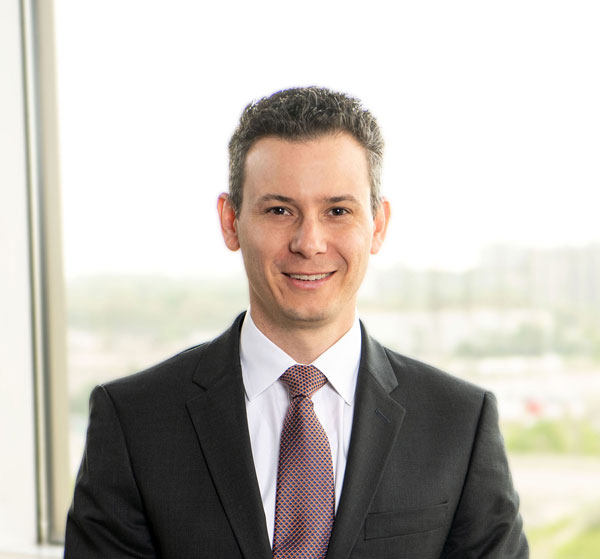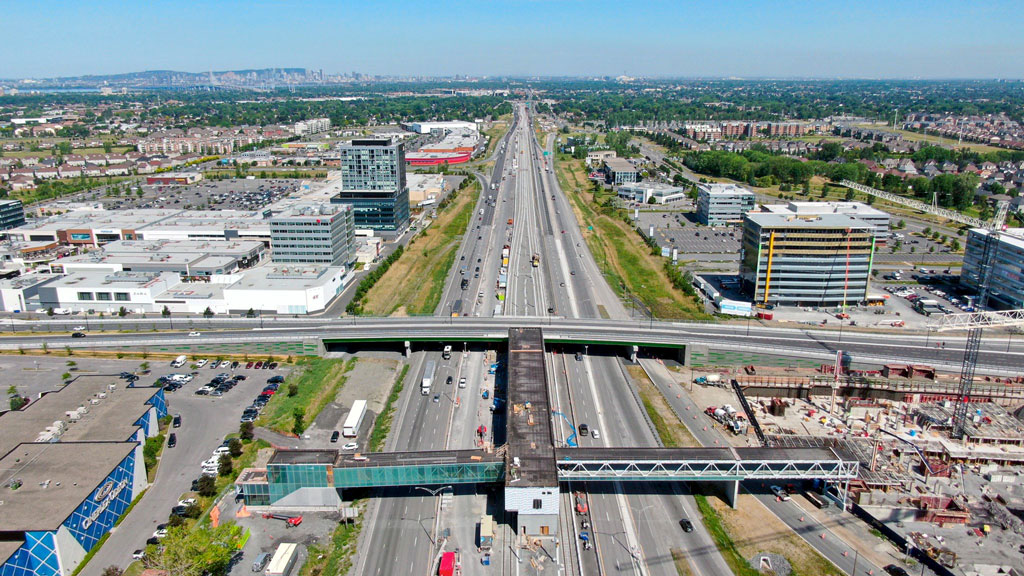Aecon Group has raised the bar in its drive to incorporate sustainability into every aspect of its corporate performance by issuing its first annual Sustainability Report.
The report, issued Aug. 18, defines sustainability broadly, with sustainable development goals that include gender equity, affordable and clean energy, innovation, sustainable communities, peace and justice, and corporate governance.
The report received the imprimatur of Cynthia Williams, Osler chair in business law at Osgoode Hall Law School, who commented in a statement, “Aecon’s sustainability report is a model for how to do sustainability reporting well. Its report is clear, comprehensive and specific, using best-in-class voluntary disclosure standards to produce a report that all stakeholders, including investors, will find extremely useful.”

Aecon also announced that its executive vice-president and chief legal officer Yonni Fushman has assumed the additional title of chief sustainability officer.
Fushman said in an interview the corporate milestone was a necessary step for Aecon as the company strives to be the number one Canadian infrastructure company. Hard metrics, he said, are necessary if Aecon wants to be recognized as the Canadian leader in sustainability.
“The things we’ve already been focused on, like leadership and taking care of our people and community relations and good governance, that is all consistent with what is now called sustainability, and a number of the UN sustainable development goals,” Fushman commented.
“We realized we were missing an opportunity to celebrate the successes that we have had and share with our investors and the broader market what we have already been doing for many years. It is consistent with the evolving focus on sustainability in the market.”
Seeking the most rigorous global reporting standards was essential for the integrity of the effort, Fushman said, so Aecon decided to adopt the standards of the Sustainability Accounting Standards Board (SASB) for its benchmarks.

“There is a whole host of frameworks and when you start to look into this space you can get a bit overwhelmed,” he remarked. “Some of the other reports in the space, you see that some of them are pretty soft and qualitative and it’s really hard to compare apples to apples, so we selected a couple of standards and the one we really like is the SASB.”
The broader goals Aecon is targeting represent five of the 17 Sustainable Development Goals identified in the United Nations 2030 Agenda for Sustainable Development.
“Sustainability is a broad term and you look at sustainability through three lenses: environmental, social and governance, and they all go together,” Fushman explained. “If you are doing something that is the most environmentally safe way but you are doing it at a cost to your workers’ safety or at the cost of community or at the cost of transparency, then you are shifting around the process. In order to understand a company’s performance you have to look through all of those lenses.”
The report identifies billions in future green projects that will be more accessible to the firm with its sharper sustainability focus. In Canada alone the report suggests there is $2.5 billion projected additional income available in the construction industry by 2025 attributable to climate-change-driven projects.
As of 2019, Aecon was engaged in some 1,000 projects with 22 valued at over $150 million, the report noted.
Aecon is active in the P3 market, with the Eglinton Crosstown project in Toronto one of its biggest jobs. Fushman noted that P3s offer an opportunity to reach broader sustainability goals because partners in a team collaborate from the beginning and can plan for the long term, important especially for transit or health care projects that may have 30 years of operation and maintenance functions.
He cited the ongoing L.F. Wade International Airport in Bermuda, where Aecon is working with the Canadian Commercial Corporation and the Government of Bermuda to develop, finance, operate and maintain the facility, as a prime example of how significant project controls lead to greater sustainability. Among project features is a sophisticated building automation system.
“The more control you have of a project from a development perspective, that’s where you are able to do the most good,” Fushman said.
“You are in the driver’s seat as the owner and able to make those decisions on the margin to say, we can do it this way versus that way and we are going to choose the way that is more sustainable.”
Follow the author on Twitter @DonWall_DCN.





Recent Comments
comments for this post are closed